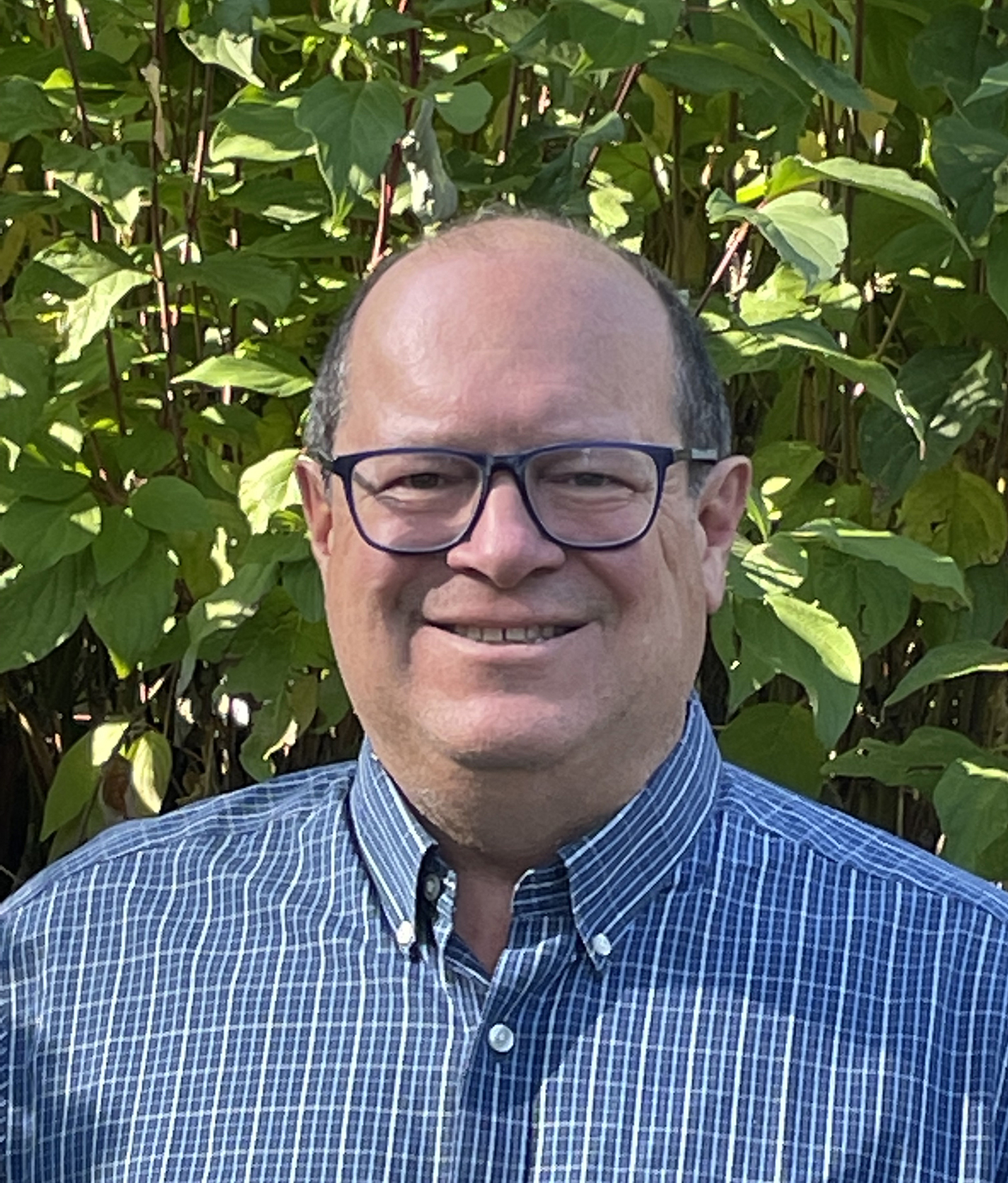Michael Rust, Ph.D. to Serve as Senior Research Fellow
 SAN DIEGO (Sept. 20, 2022) – Michael Rust, Ph.D., most recently Science Advisor to the Office of Aquaculture at the National Oceanic and Atmospheric Administration (NOAA), and the Aquaculture Steering Group Chair at the International Council for the Exploration of the Seas (ICES) has joined Hubbs-SeaWorld Research Institute (HSWRI) as a Senior Research Fellow as of August 1.
SAN DIEGO (Sept. 20, 2022) – Michael Rust, Ph.D., most recently Science Advisor to the Office of Aquaculture at the National Oceanic and Atmospheric Administration (NOAA), and the Aquaculture Steering Group Chair at the International Council for the Exploration of the Seas (ICES) has joined Hubbs-SeaWorld Research Institute (HSWRI) as a Senior Research Fellow as of August 1.
In his part-time role, Dr. Rust will work on research projects that advance understanding, governance, and development of sustainable marine aquaculture in the context of climate change and seafood demand. Collaborating closely with Mark A. Drawbridge, M.S., HSWRI Senior Research Scientist and head of its sustainable seafood initiatives, Rust will propose projects, help seek grant funding and act as a Principal Investigator on funded projects.
“Mike’s credentials, coupled with his domestic and international experience, will be of tremendous benefit to our work,” said HSWRI President & CEO Don Kent. “We are honored to welcome a good friend and highly respected scientist to our team.”
Dr. Rust earned a B.S. in environmental biology from the University of Colorado, dual M.S. degrees in animal science and international development from the University of California at Davis, and his Ph.D. in fisheries from the University of Washington. He currently holds affiliate professor status at the University of Idaho.
Prior to joining NOAA’s Office of Aquaculture to guide the agency’s aquaculture science portfolio in 2011, Dr. Rust developed the marine aquaculture program at NOAA’s Northwest Fisheries Science Center in Seattle. It was there that he first worked with the HSWRI team developing methods to rear rockfish, lingcod, sablefish and various other marine species.
Prior to NOAA, Dr. Rust worked internationally in Haiti, the Philippines, Canada, Norway and elsewhere. Living and working in developing and developed countries taught him the need for aquaculture in ways that work with the ecosystem and provide for the full spectrum of society’s needs. He also came to understand the impact that poverty can have on natural resources and the societies that depend on them.
“I have always admired the work done at HSWRI and its core values. Its vision, “to return to the sea some measure of the benefits derived from it,” resonates with me and is crucial now as the climate changes and our food systems evolve,” he said.
“I am genuinely excited to be able to work with Mike to advance our well-established work in sustainable aquaculture and to open up new opportunities,” said Drawbridge.
HSWRI, which will celebrate its 60th anniversary in 2023, has more than 45 years of experience with marine aquaculture. Through its Leon Raymond Hubbard Jr. Marine Fish Hatchery in Carlsbad, CA, HSWRI has led the California Department of Fish & Wildlife program to replenish the white seabass population off the coast of Southern California since 1983.
Currently, the internationally renowned environmental research institution is advising the proposed Pacific Ocean AquaFarms (www.poaquafarms.com) to help ensure it will be environmentally and economically sustainable once in operation.
About Hubbs-SeaWorld Research Institute (HSWRI)
HSWRI is a not-for-profit, 501(c)(3) research organization founded in 1963 “to return to the sea some measure of the benefits derived from it.” With a long-standing legacy of pioneering marine science that increases understanding of animals and their ecosystems, it enjoys international renown for its work. Its areas of inquiry are ecology, physiology, bioacoustics and aquaculture. Through science, the application of advanced technologies and the expansion of knowledge, the Institute provides effective solutions to conflicts that arise between human activity and the natural world. HSWRI scientists apply sophisticated technologies to seek the solutions that protect and conserve marine animals while benefiting humans and their reliance on marine resources. Based in San Diego with facilities in Orlando, FL and Carlsbad, CA, HSWRI’s unique contributions are due in part to access to SeaWorld’s extensive marine zoological collection, a close association with local universities and highly respected scientific staff. For more information, visit www.hswri.org.


Recent Comments